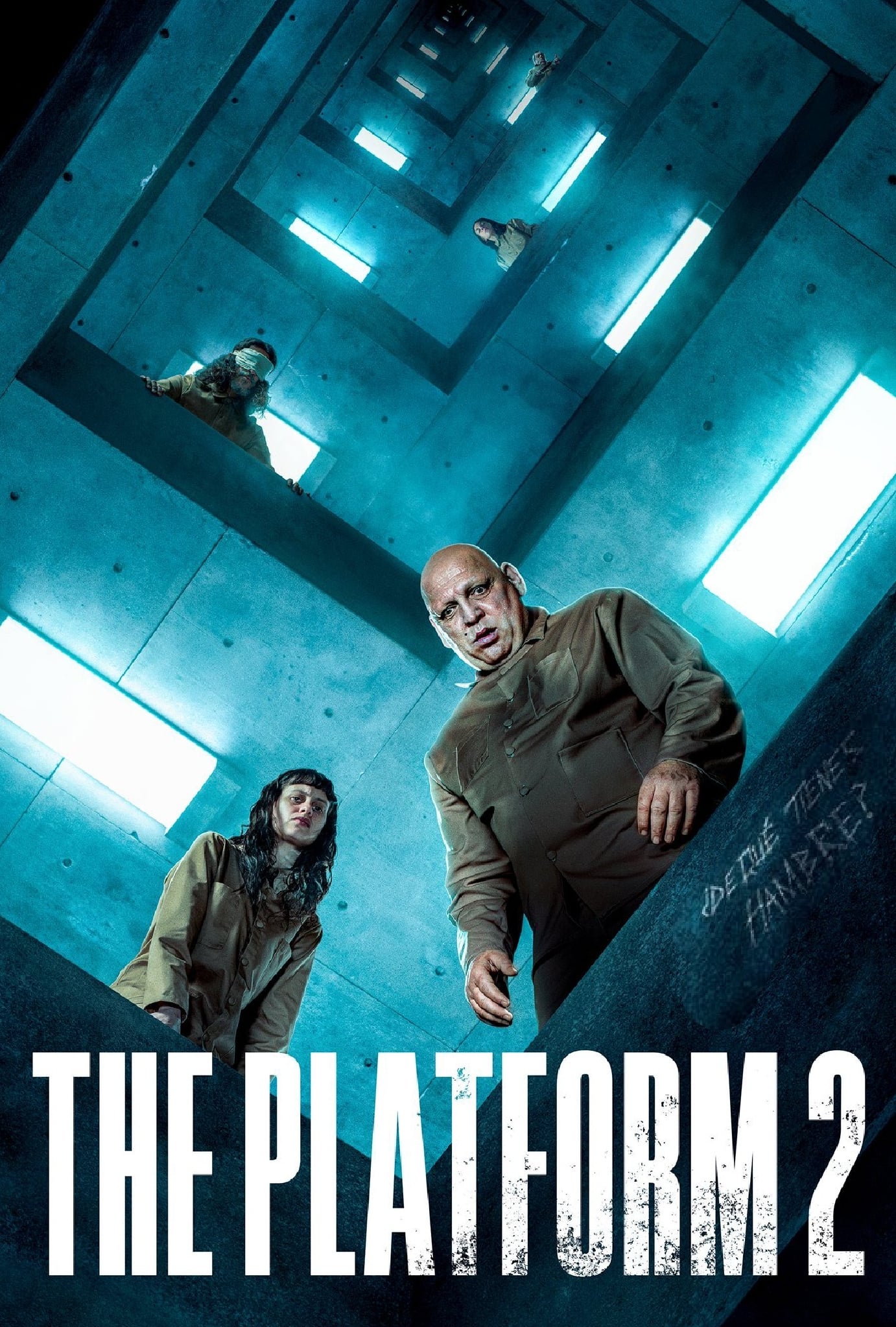
After a mysterious leader imposes his law in a brutal system of vertical cells, a new arrival battles against a dubious food distribution method.

In the winter of 1988, in the depths of the Iraq/Iran war, the border town of Halabja was attacked by chemical weapons with all its people and their different stories.
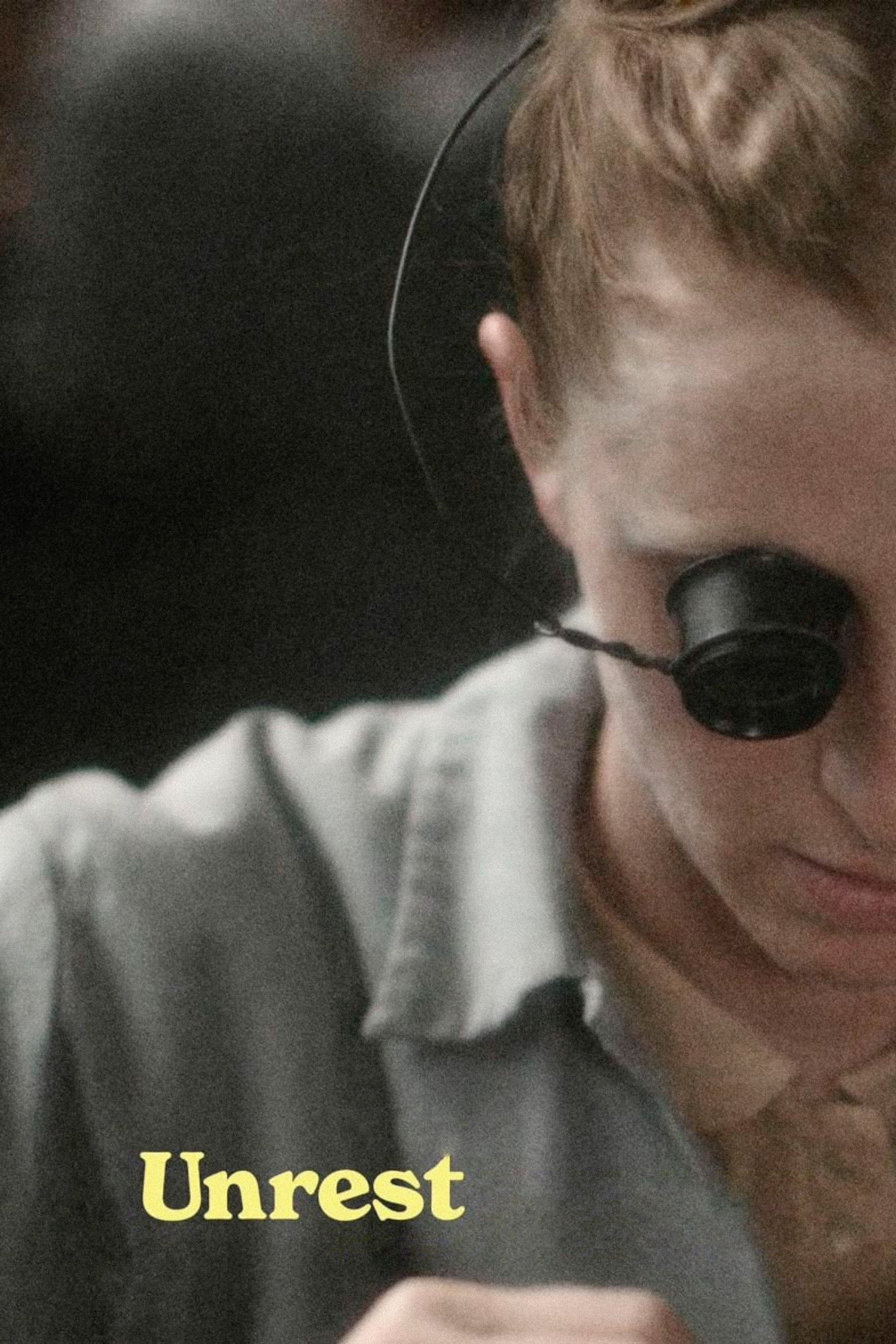
In 1877, in a watch factory in a valley in north-western Switzerland, Josephine produces balance spindles, tiny parts that ensure the agitation movement ("unrueh") of the mechanical watches. She soon grows uneasy with the organisation of work and possession in the village and its factory and joins the anarchist worker movement of the local watchmakers. There she meets Piotr Kropotkin, a moony Russian traveller. The two of them meet at a time when new technologies such as time measurement, photography and the telegraph are transforming the social order and anarchist discourse is addressing emerging nationalism. During a walk in the woods, Josephine and Piotr ask themselves whether time, money and the government are not all but fictions.

An anarchic, laugh-out-loud music comedy following a Muslim female punk band called Lady Parts, tracking the highs and lows of the band members as seen through the eyes of Amina Hussein — a geeky doctorate student who is recruited to be their unlikely lead guitarist.
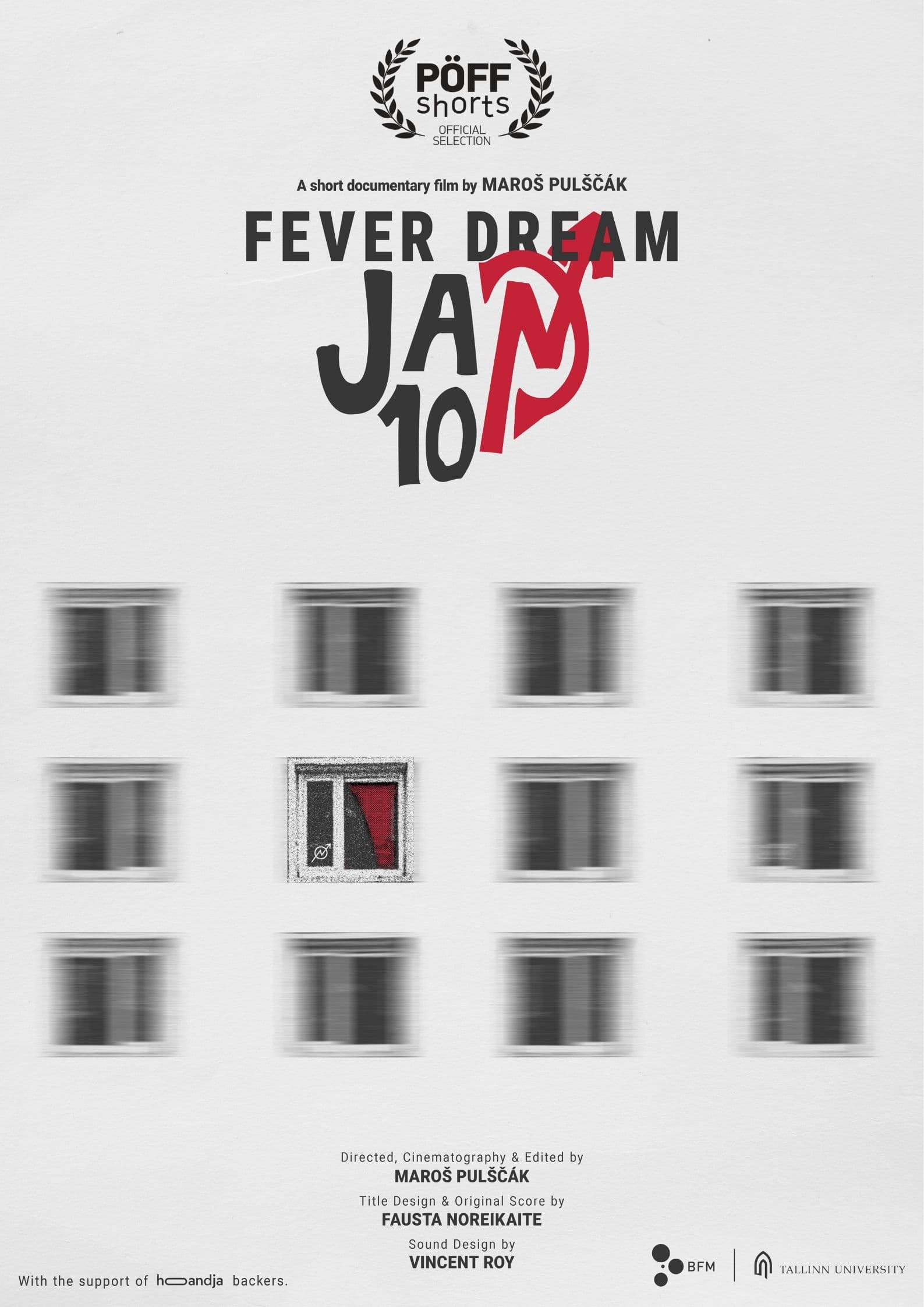
The Netherlands, a bastion of capitalism, has struggled with unprecedented housing crises since 2018. This brings a rise of different ideologies that challenge the dominant status quo. In the city of Nijmegen, an anarchist collective JAN10 battles the ongoing housing crisis by squatting empty buildings, which poses a threat to the established capitalist interests.
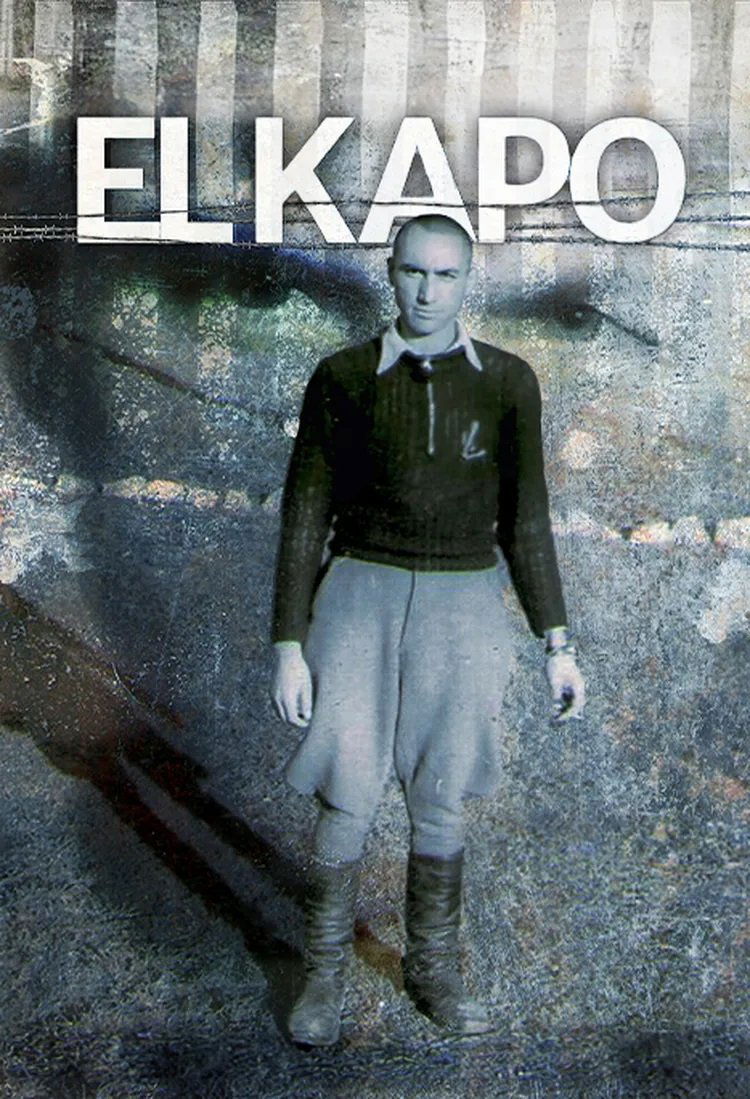
For decades, the name of the Valencian anarchist César Orquín Serra responded to that of one of the 7,251 Spanish republicans deported to the Nazi concentration camp of Mauthausen-Gusen between 1940 and 1945, although the controversy surrounding his role as Chief of Kommando pursued him with the survivors, divided between those who highlighted his actions to help the survival of his men and those who accused him of collaborating with the SS.
In March 2023, despite a flush of police raids and arrests in the struggle against Cop City in Atlanta, the Weelaunee Food Autonomy Festival gathered people for four days of learning and working in the forest. The observational film follows along as participants in the festival plant hundreds of fig, pawpaw, and persimmon saplings, give away fruit trees to neighbors of the forest, graft edible pears onto invasive trees, learn to mix herbal medicines, and restore an area of forest that had been recently disturbed by illegal demolition work.
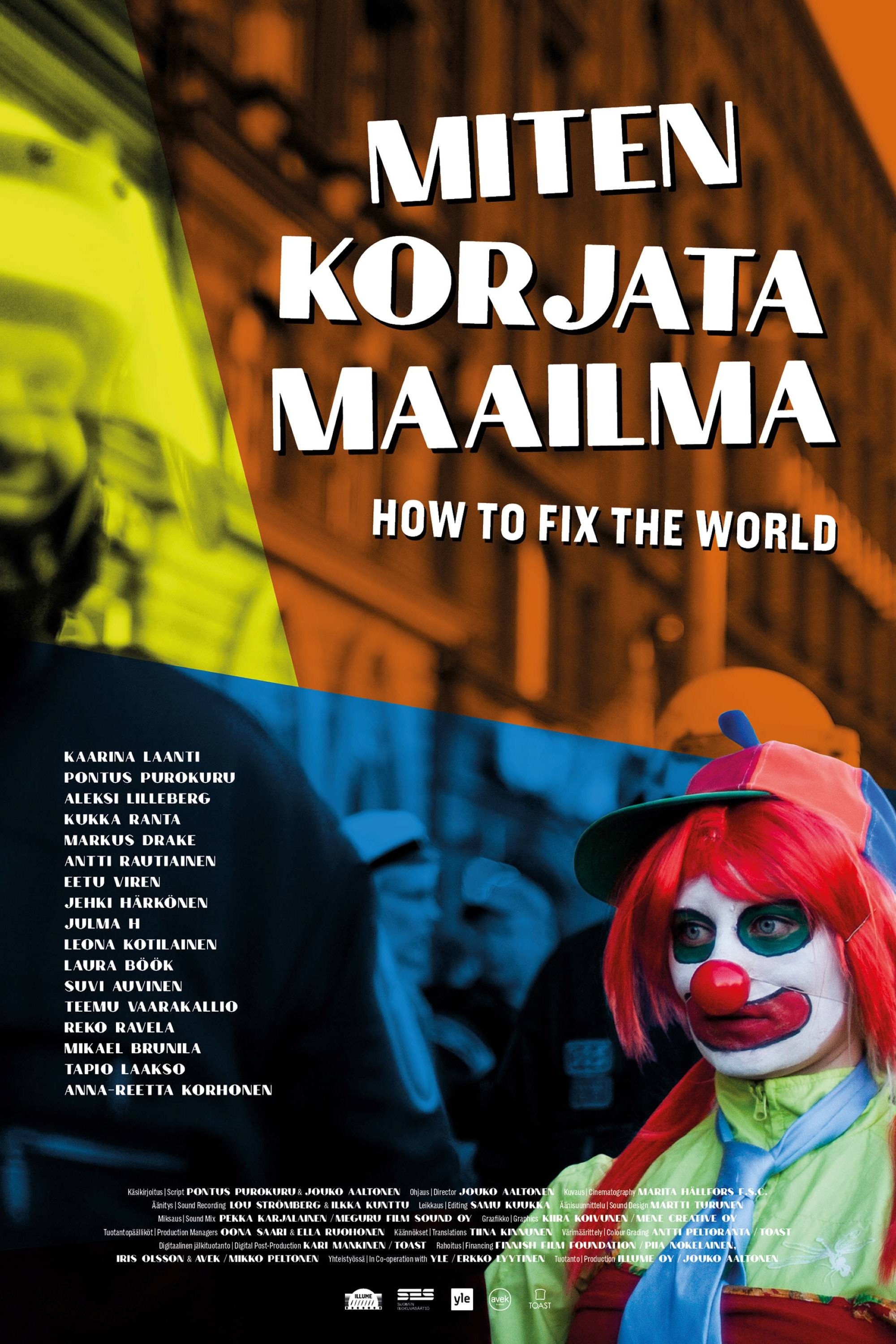
How to Fix the World? is a comprehensive and informative documentary about direct action in the 1990s and 2000s, directed by Jouko Aaltonen. In the documentary, anarchists, climate activists, and squatters openly describe their experiences and link them to mainstream phenomena in society. A wide range of archive material sheds a light on the history of direct action and activism in the Finnish society.
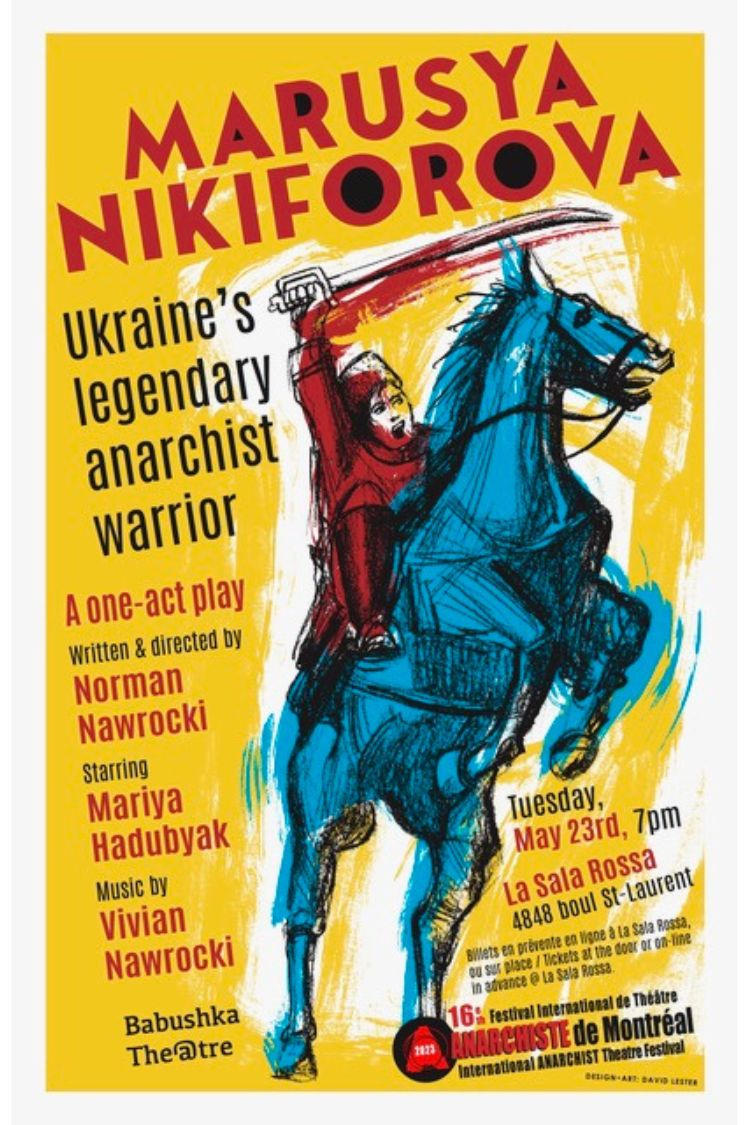
A film version of the play which captures the brilliant performance by the Ukrainian actor, Mariya Hadubyak at the play’s world premiere in 2023 @ Montreal’s La Sala Rossa. She brought the audience to tears and their feet. Written and directed by Norman Nawrocki, the play was part of the 16th annual Montreal International Anarchist Theatre Festival. On stage, Hadubyak portrays the extraordinary real life Marusya Nikiforova (1885–1919), a fearless and feared, bad ass, Ukrainian woman anarchist and feminist military leader.
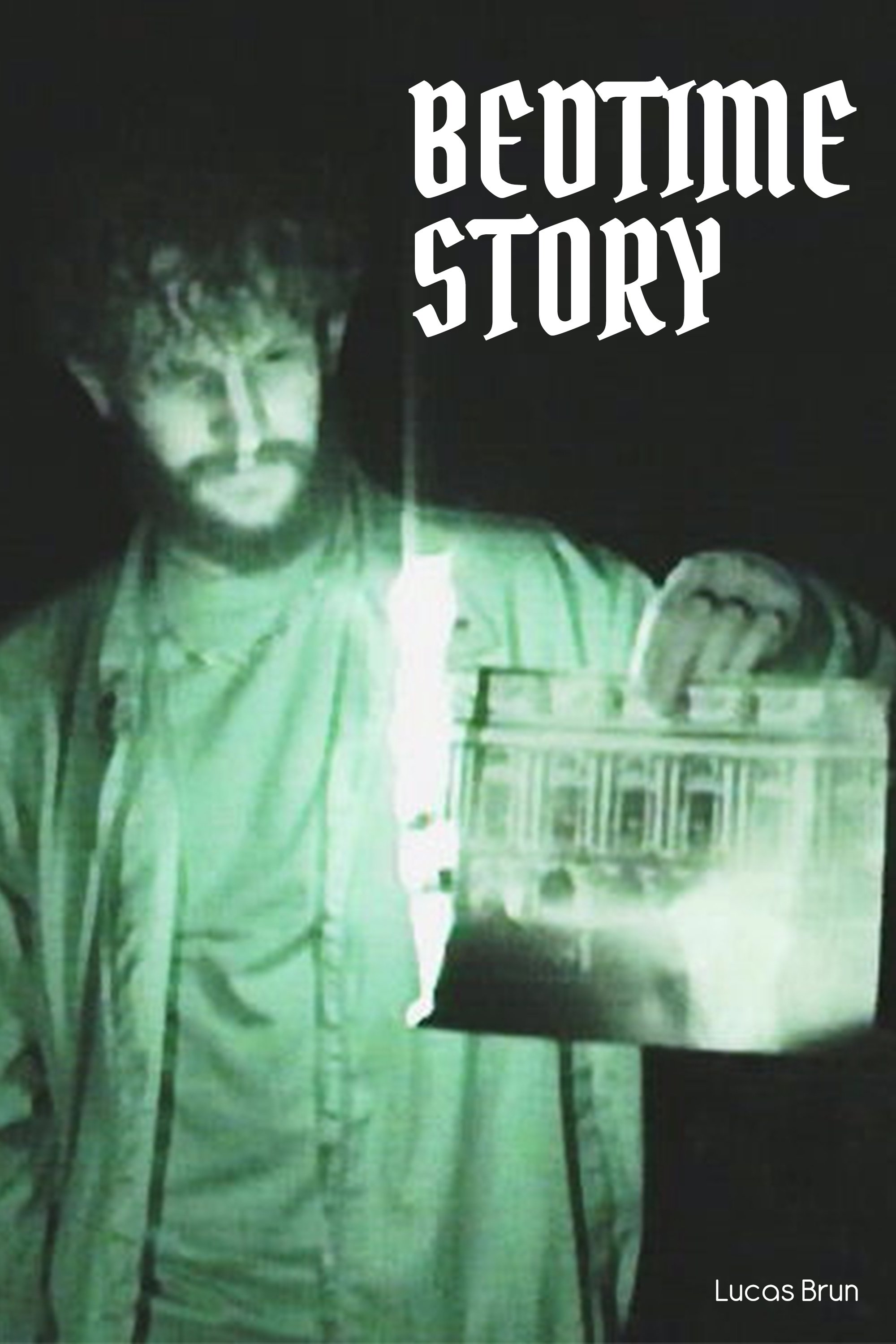

Building Communism isn’t just about destroying the status quo, it’s about bringing people together in the process.
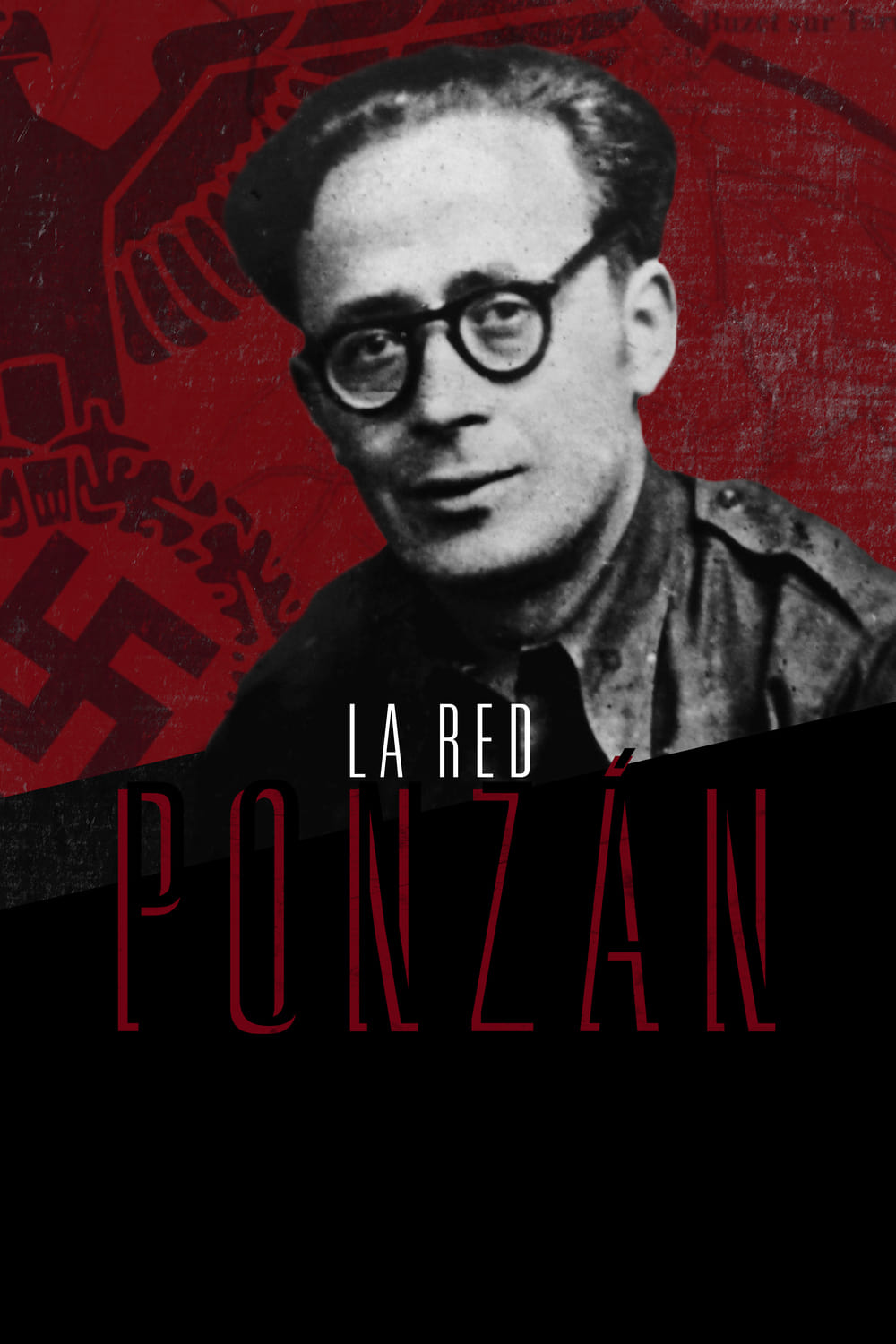
During the Spanish Civil War (1936-1939) and the Second World War (1939-1945), around three thousand people managed to elude their pursuers, and probably also avoided being killed, thanks to the heroic and very efficient efforts of the Ponzán Team, a brave group of people — mountain guides, forgers, safe house keepers and many others —, led by Francisco Ponzán Vidal, who managed to save their lives, both on one side and the other of the border between Spain and France.
A documentary series offering in-depth anarchist analysis on a range of topics, themes and spaces of resistance. Intended to be watched in groups.
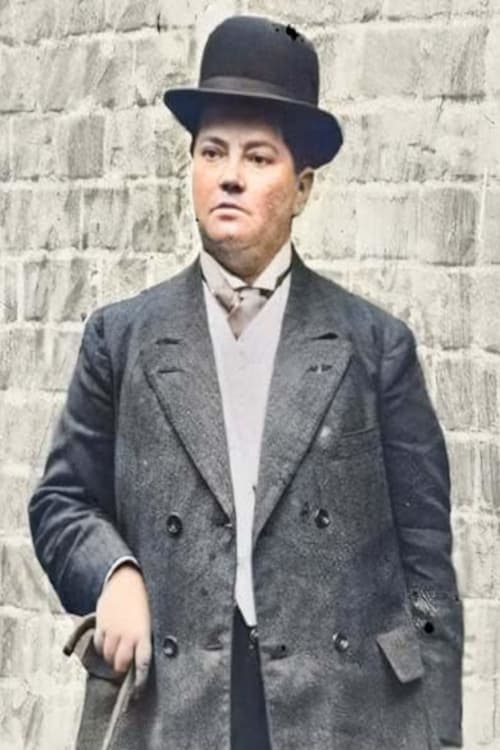
In April, 1939, the police came to the home of Dr. Madeleine Pelletier. Who could this woman declared as a threat to pubic order and safety be? Seen as so dangerous that she should not be allowed to defend herself, she was interned in an asylum. Feminist activist, asexual / lesbian and libertarian, the first French female psychiatrist, she invented the concept of gender.

It tells the life of anarchist Antônio Fernandes Mendes from his birth, in 1936, in Quixeramobim-CE until his death, in 2015, in Salvador-BA.
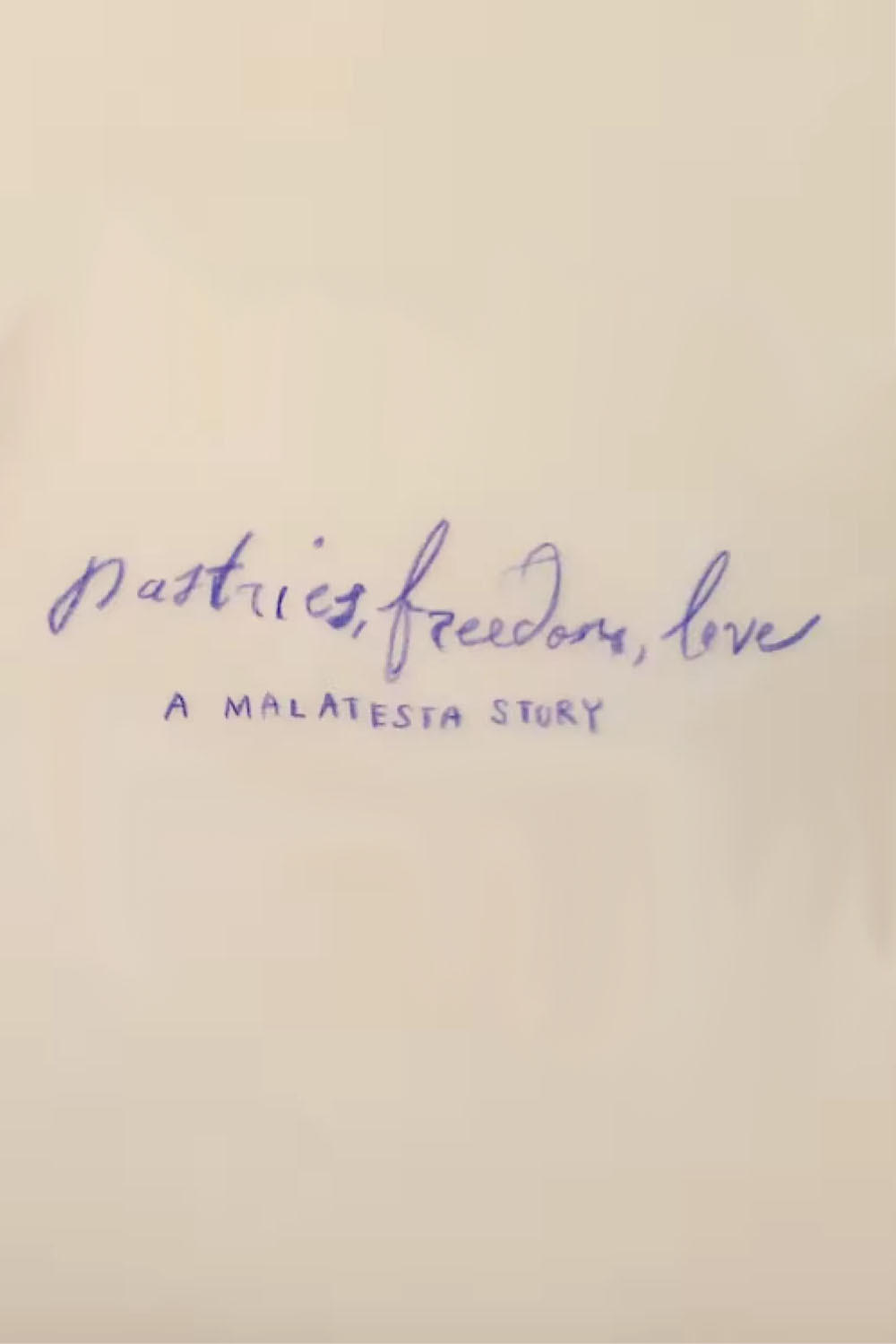
A collaborative short film by Airidescence and Zoe Baker featuring an excerpt from Luigi Fabbri's "Life and Ideas of Malatesta."
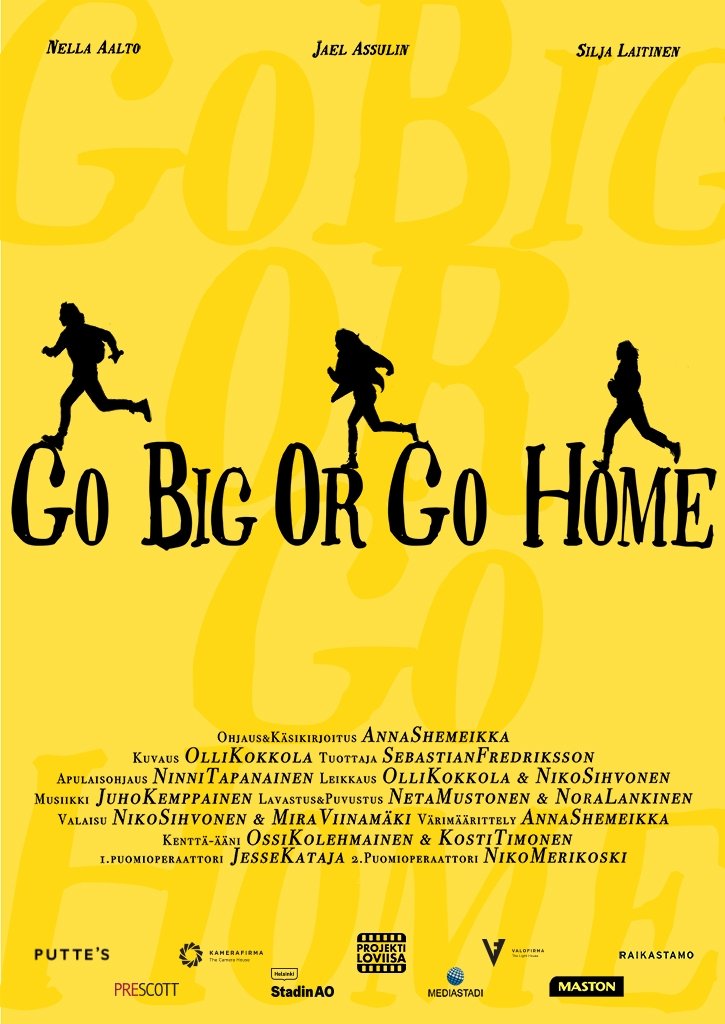
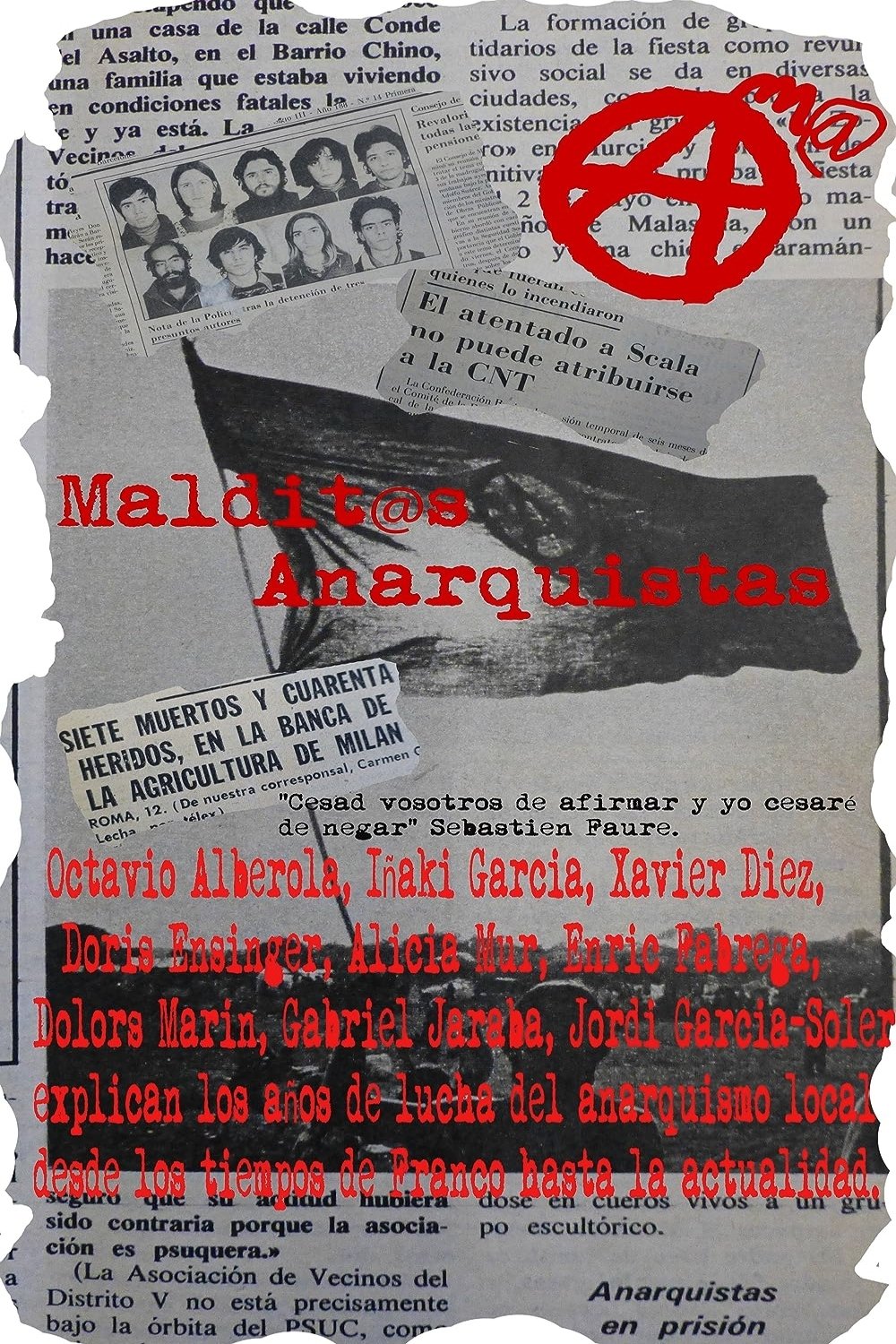
A lot of witness are talking about trues and lies about ANARCHISM ( And how afraid are the states about anarchism )Since early days in Spain and adding reflections about the future of this way of life. There are also actors performing historic chapters.

Maple syrup country is now under totalitarian control, but a strange killer is starting to make some noise in the partially contaminated 13th district. Will its goofy sheriff and mighty bounty hunters prevail against the killer and his mysterious friend?
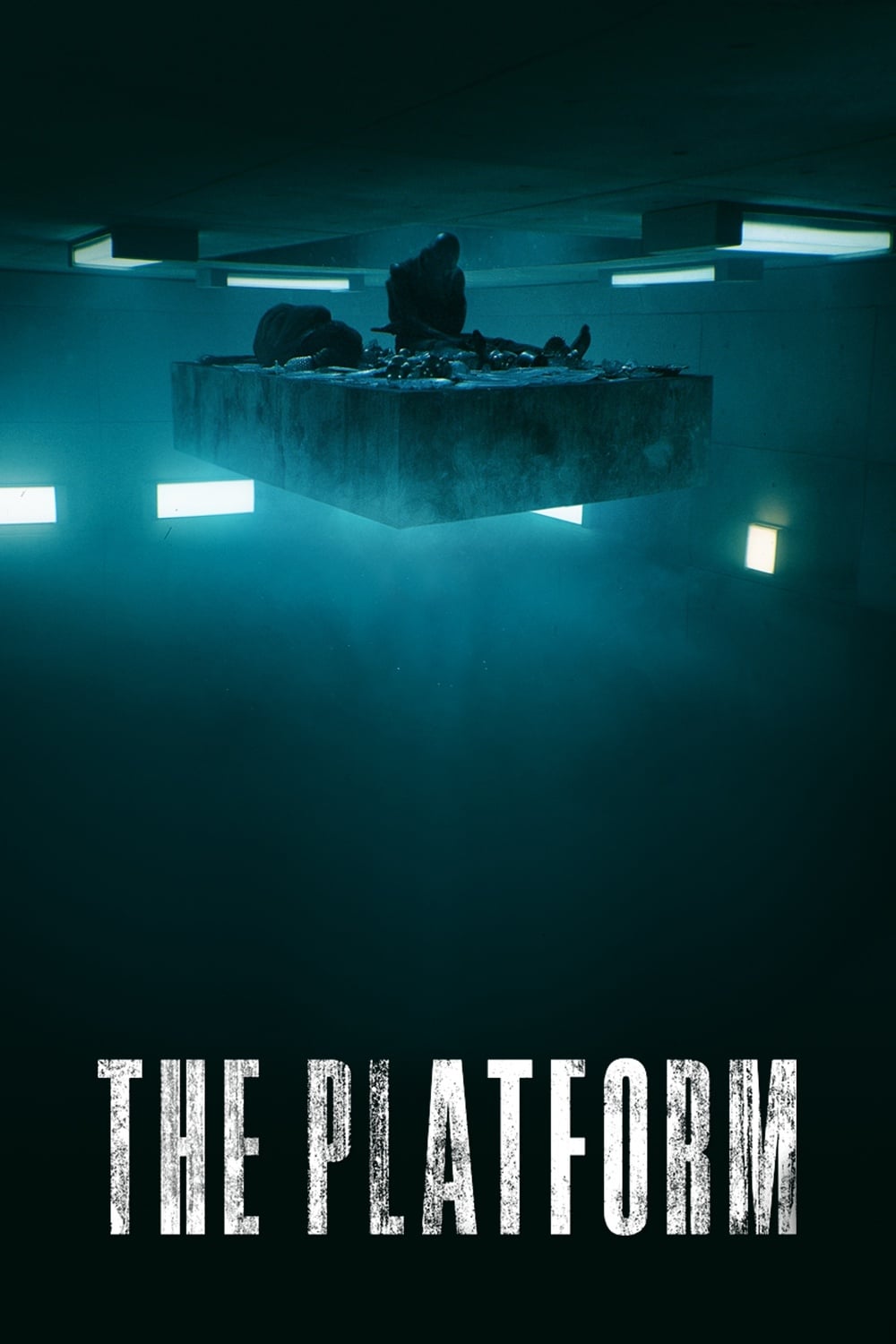
A slab of food descends down a vertical facility. The residents above eat heartily, leaving those below starving and desperate. A rebellion is imminent.

On September 16, 1920, as hundreds of Wall Street workers headed out for lunch, a horse-drawn cart packed with dynamite exploded in front of Morgan Bank — the world’s most powerful banking institution. The blast turned the nation’s financial center into a bloody war zone and left 38 dead and hundreds more seriously injured. As financial institutions around the country went on high alert, many wondered if this was the strike against American capitalism that radical agitators had threatened for so long.
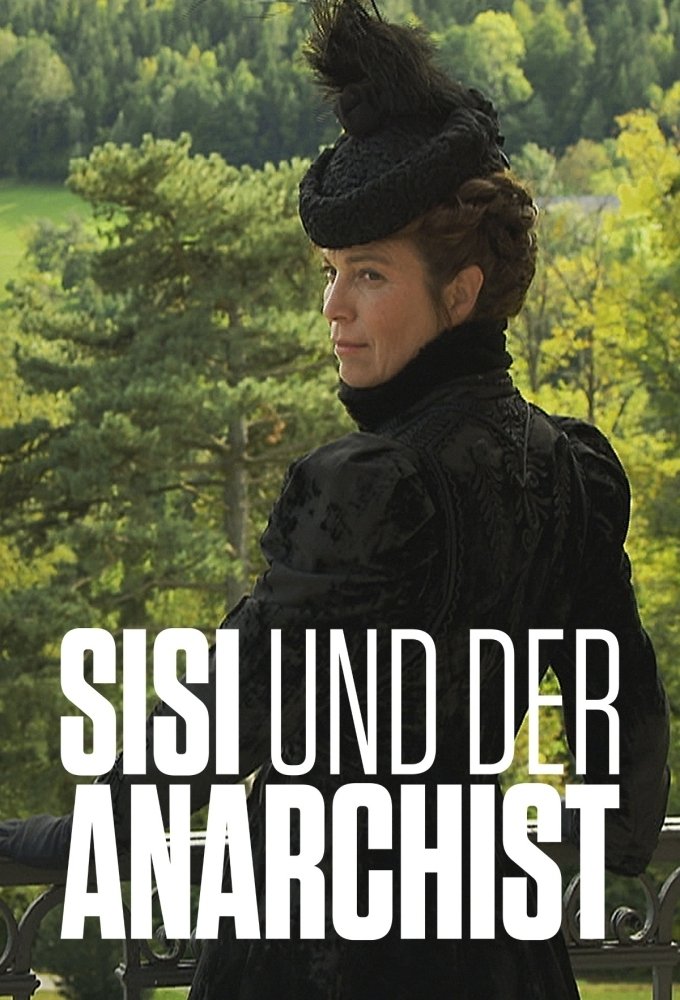
The true story of Austria's Empress Elisabeth, whose assassination by an Italian anarchist in 1898 shocked the world and triggered historic unrest.

In the summer of 1959, as a magazine correspondent, writer and filmmaker Pier Paolo Pasolini (1922-75) traveled along the Italian coast. In 1963, he documented the sexual behavior of the Italians. In the winter of 1970-71, he witnessed the hardships of the most impoverished Italian population suffering from the boot of state power. After these three trips, he came to the conclusion that Italian society had changed drastically for the worse over the years.
By browsing this website, you accept our cookies policy.